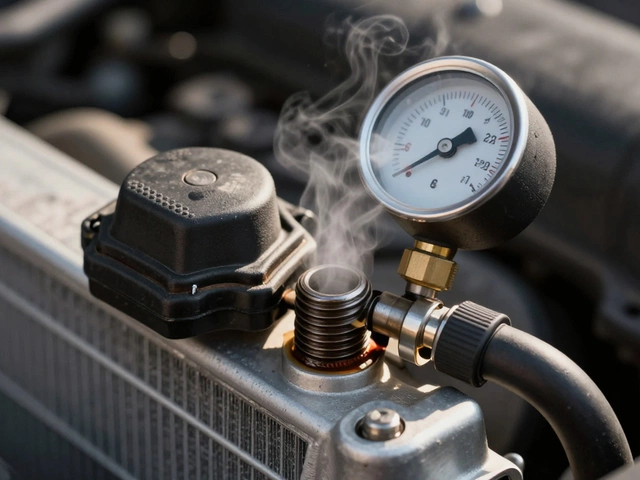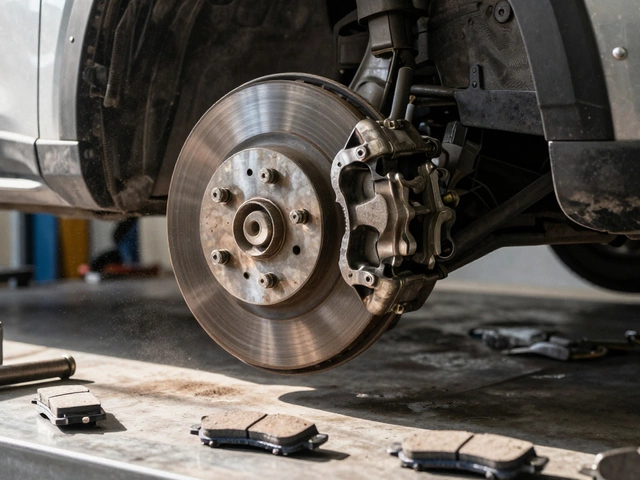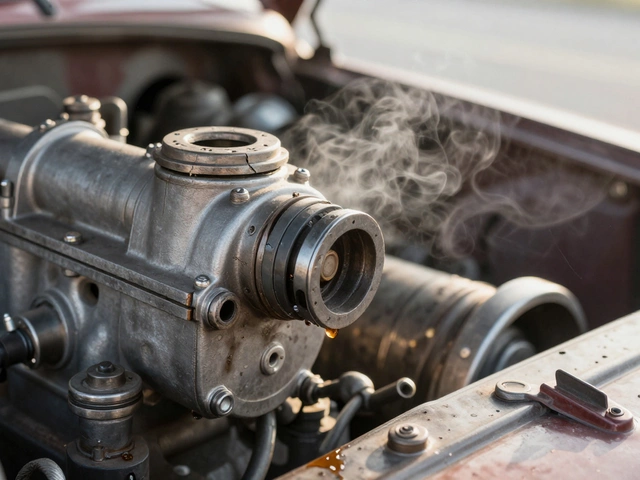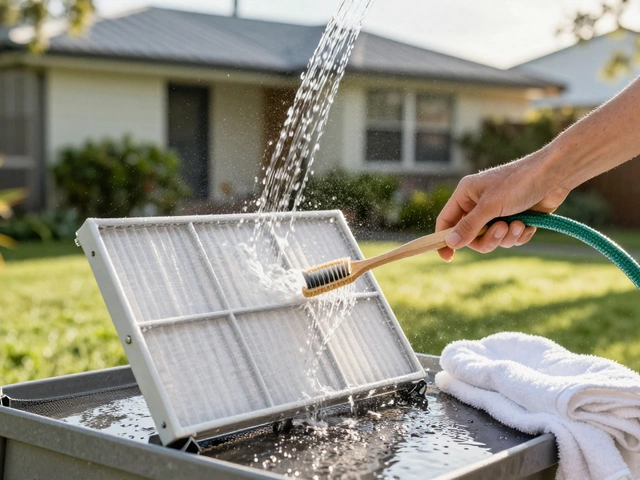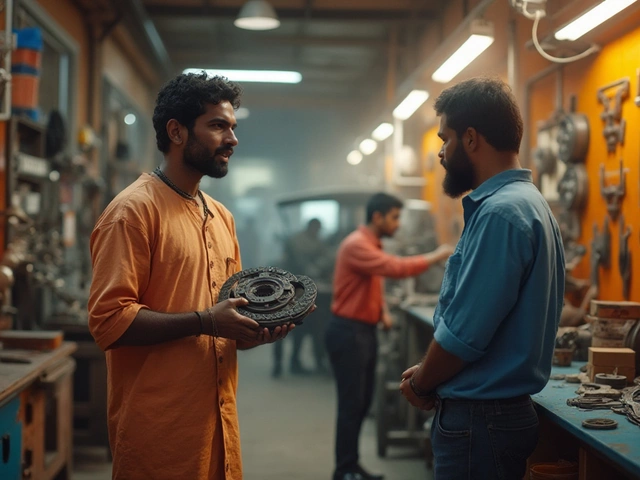Filter Disadvantages: What Every Driver Should Know
Filters keep dirt out of your engine, but they’re not perfect. When a filter starts to fail, you can feel reduced power, higher fuel use, and even costly repairs. Knowing the weak spots helps you catch problems early and keep your car running smooth.
Oil Filter Drawbacks
The oil filter catches particles that could wear out bearings. Over time it gets clogged, and that pressure buildup can restrict oil flow. Less oil means more friction, which speeds up engine wear. Cheap filters often use thin paper media that blow apart under high pressure, letting metal shavings slip through. Replacing the filter at the right interval saves you from a busted engine and a big repair bill.
Air and Fuel Filter Issues
An air filter that’s too dense chokes the engine’s breathing. You’ll notice a loss of acceleration, higher fuel consumption, and sometimes rough idle. The same goes for fuel filters – if they get clogged, fuel can’t reach the injectors fast enough, leading to stalling or hard starts. Low‑quality filters can break apart inside the system, causing costly damage to sensors and the fuel pump.
Another hidden downside is the environmental impact of frequent filter changes. Throwing away paper or cotton media adds waste, and the production process uses energy and chemicals. Choosing a high‑efficiency, longer‑life filter cuts down on both cost and trash.
Maintenance cost is also a factor. Some premium filters cost twice as much as basic ones, but they often last longer and keep more contaminants out. Skipping filter changes to save money backfires when you have to replace an engine component that the filter should have protected.
When you hear strange noises – like a whining sound from the oil pan or a ticking from the valve train – think about the filter first. Those sounds often mean the engine isn’t getting enough clean oil. A quick visual check of the filter’s condition can save you a weekend in the shop.
To avoid these pitfalls, follow the manufacturer’s service schedule, use reputable brands, and inspect the filter every oil change. If you drive in dusty areas or tow heavy loads, consider switching to a performance filter that balances flow and filtration.
Bottom line: filters do a great job, but they have limits. Knowing the disadvantages lets you stay ahead of problems, keep fuel costs low, and extend the life of your engine. Keep an eye on filter health and you’ll keep your car happy.

Understanding the Downsides of Polarized Air Filters
Polarized air filters are becoming popular in households due to their efficiency in trapping particles, yet they come with certain drawbacks. While they enhance air quality by attracting charged particles, they require regular maintenance and can be costlier than traditional filters. It's important to understand these aspects for better decision-making on home air quality. Exploring these filters' effectiveness versus cost can help consumers choose wisely.
CONTINUE READING